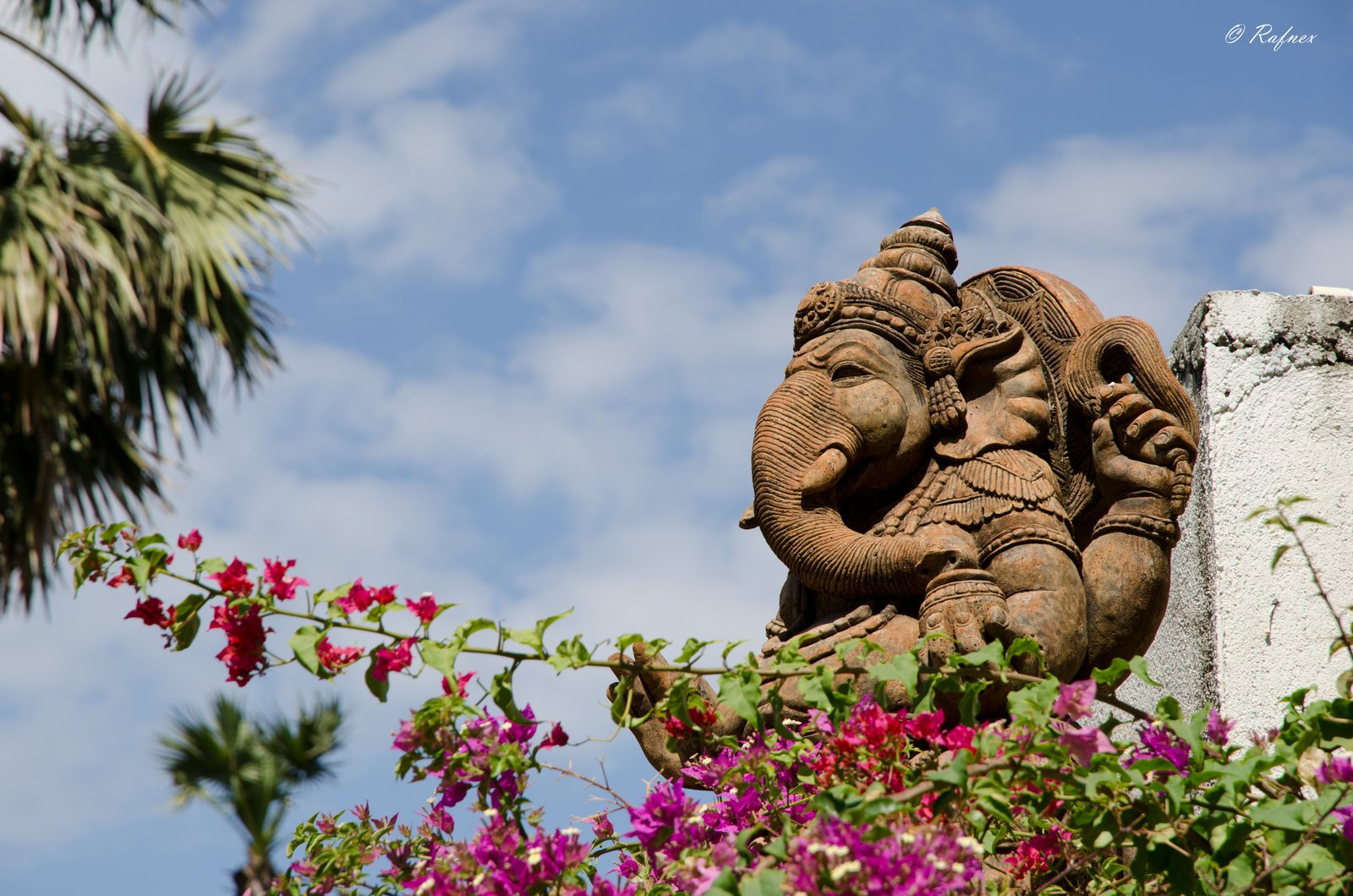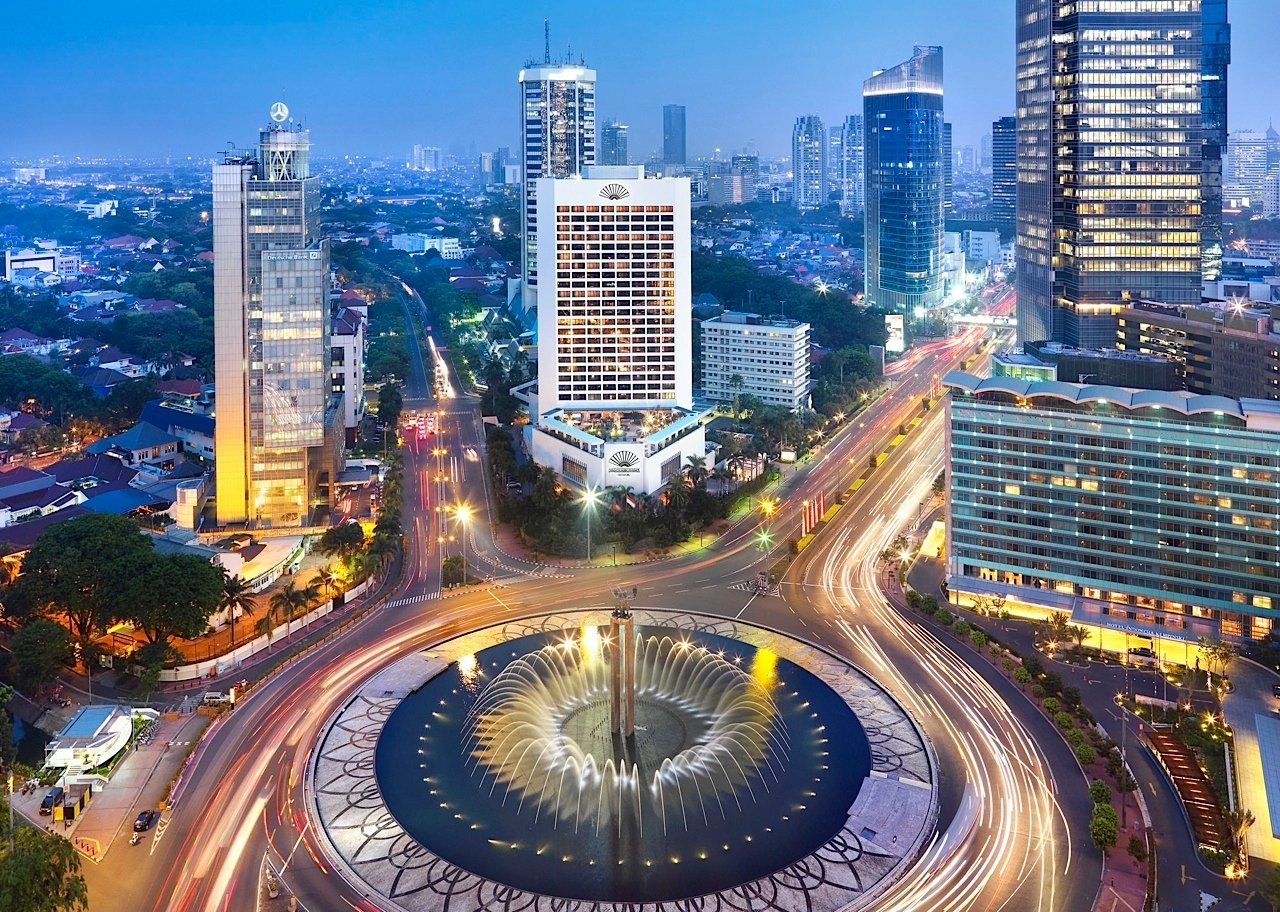INVESTING IN INDONESIA
As the fourth most populous economy in the world, Indonesia’s domestic market offers a wide range of investment opportunities for foreign and domestic investors. The major economic sectors in Indonesia are manufacturing and processing, agriculture and mining alongwith that country’s vast natural resources, macroeconomic stability, generally open investment regime, and low asset prices are the major attractions for investors.
The Indonesian government, through the Capital Investment Coordinating Board (BKPM), is actively promoting foreign investment in Indonesia and strengthening the investment climate by, among others, improving the regulatory framework, simplifying the licensing process and improving the business infrastructures. The main legislation governing foreign direct investment in Indonesia is Capital Investment Law No. 25/2007 which was issued in 2007.
There are various ways for a foreign investor to set up a business in Indonesia, depending on the investor’s type of business:-
1. Indonesian Limited Liability Company (PMA)
The common type of presence for a foreign investor who wants to invest and engage in business in Indonesia is by establishing an Indonesian incorporated limited liability company, commonly known as a PMA (Penanaman Modal Asing) company. There must be two parties holding shares in a PMA company. These can be a legal entity or an individual. The foreign investor’s shareholding percentage must meet the requirement under the NLI. The shareholders must also appoint at least one director and at least one commissioner of the PMA Company. The director serves as management of the PMA Company and has the authority to represent the PMA Company, while the commissioner supervises and provides advice to the director.
2. Representative Office
Foreign companies are permitted to establish a representative office in Indonesia. However, unlike a PMA company, a representative office has more restrictions on its activities. A representative office can only perform marketing or promotion activities, Market research and review of business opportunities in Indonesia. It cannot engage in any commercial activities or generating revenue in Indonesia. Representative offices are available for foreign companies engaged in certain sectors which include trading, services, oil and gas mining and banking. An exception applies to representative offices of foreign companies engaged in construction services. This type of representative office is allowed to deliver construction services in Indonesia under a joint operation with a local construction company.
3. Others
Other types of presence for conducting business in Indonesia include a Production Sharing Contract with the Indonesian government. This is common in the oil and gas mining upstream sectors. A foreign company can also choose an indirect presence by appointing a local company as an agent or as a distributor to market and sell its products in Indonesia.













I wanna start a business in Indonesia
Dear Mr. Naeem,
Thank you for your message. We can help you with setting up a business in Indonesia. Please email your requirements to cs@ajconsultants.net.
Best Regards,
Admin